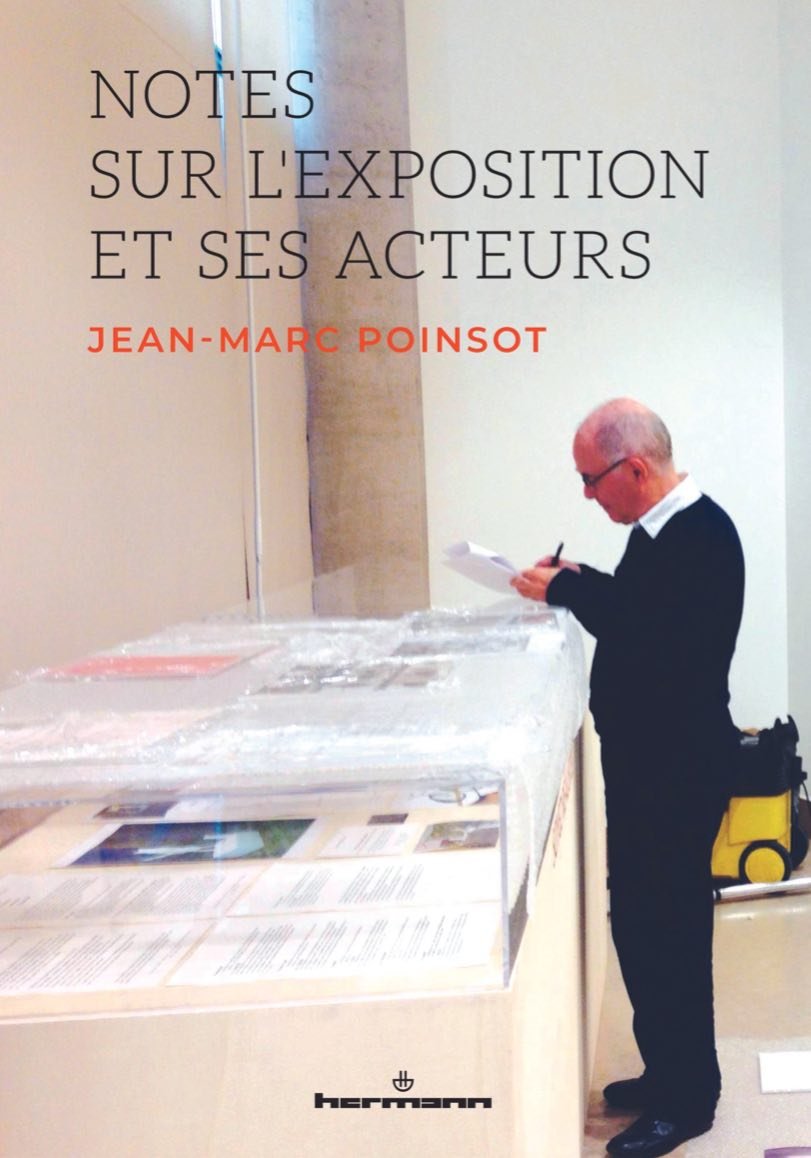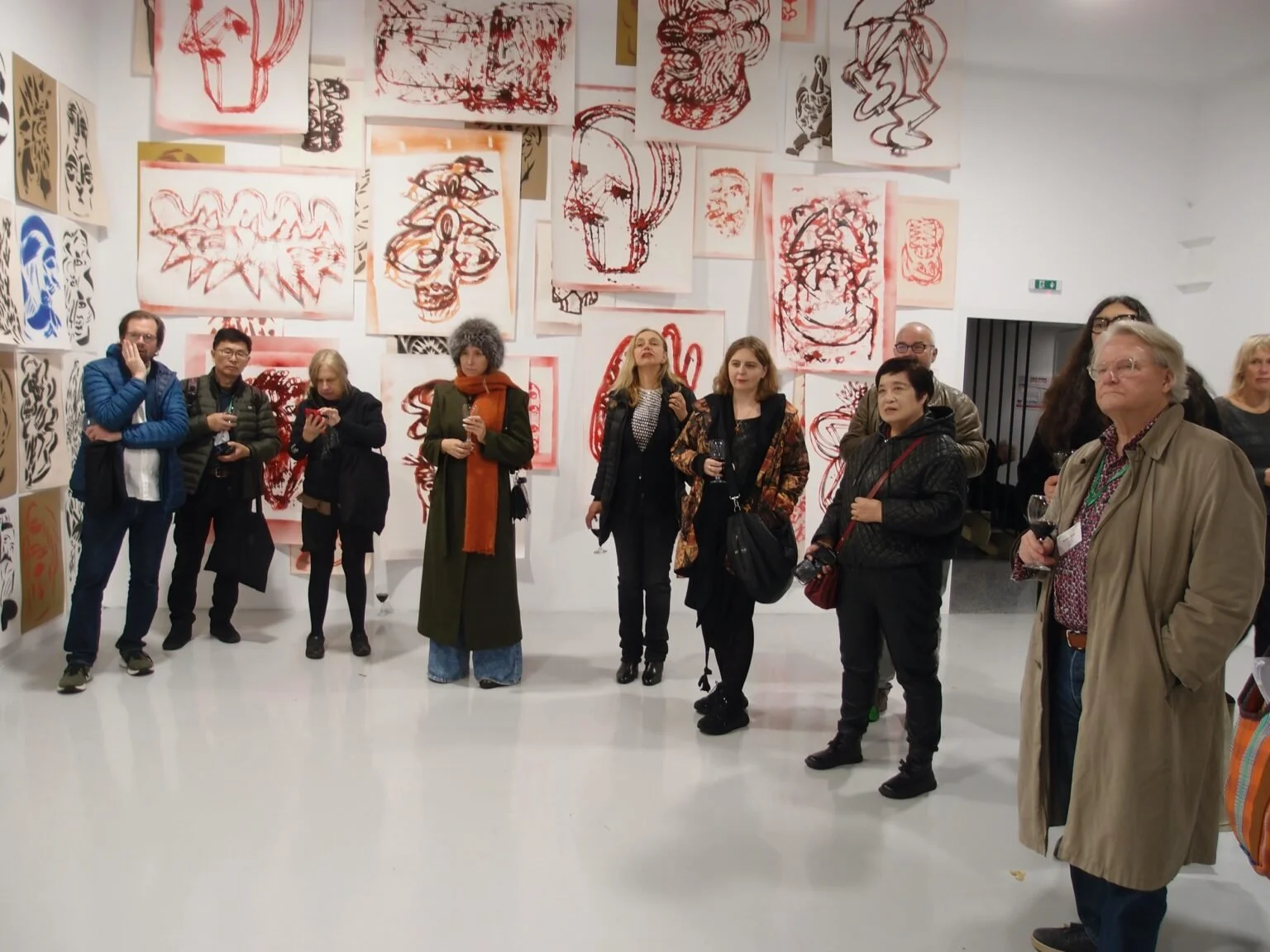ABOUT AICA
Founded in 1950, the International Association of Art Critics (AICA) is a global organization that unites over 5,000 art professionals from 95 countries. Its mission is to promote art criticism as a discipline, protect the ethical and professional interests of its members, and foster international cooperation in the fields of artistic creation, dissemination, and cultural development. AICA encourages cross-cultural dialogue and defends the freedom of expression and thought across political, geographical, and cultural boundaries. With National Sections across Europe, the Americas, Asia, Africa, and the Middle East, AICA is committed to advancing art criticism and strengthening professional relationships worldwide.
Latest NEWS
Featured
FEATURED PUBLICATIONS
Featured

Quick View
Jean-Marc Poinsot - Notes sur l'exposition et ses acteurs
€27.00








